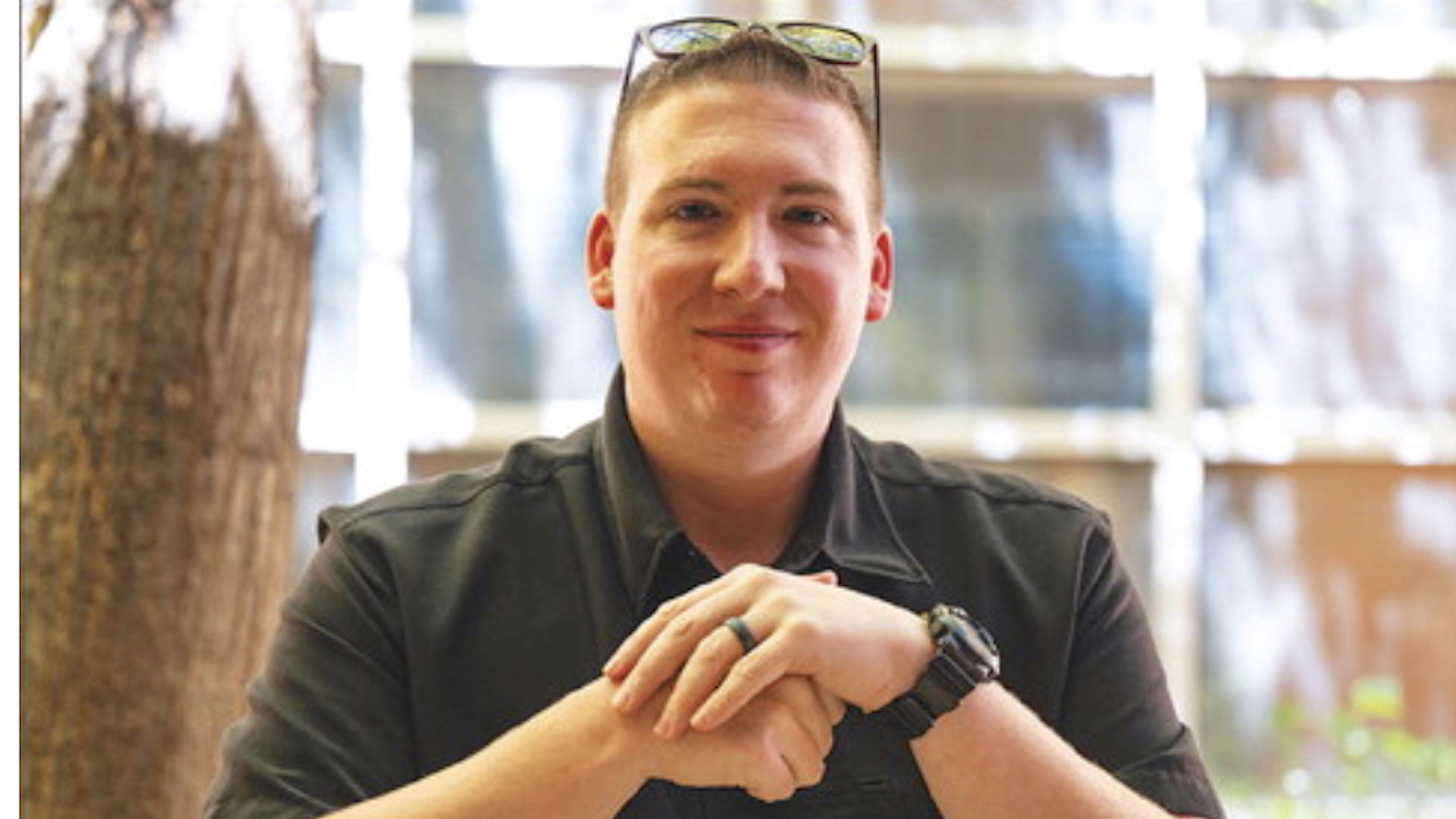Cheyenne firefighter inspired to serve after Sept. 11 attacks

By Ivy Secrest
Wyoming Tribune Eagle
Via Wyoming News Exchange
CHEYENNE — Watching on the television as planes hit the twin towers from his home in New Jersey, a young Ryan Mershon heard the word terrorism for the first time. Only a fourth-grader at the time, this moment would later propel him toward a career in public safety and law enforcement.
Like many of his peers, the Sept. 11, 2001, terrorist attacks became a defining moment in Mershon’s childhood. He was sent home early from gym class with no explanation of the horrendous events that had sent the country into a panic.
He later arrived home to scenes of people jumping to their deaths on television, as his father tried to explain to him what was going on.
“This was the first time I saw the planes hitting the Twin Towers and smoke pouring into the sky,” Mershon wrote in a column published by FireRescue1.com. “Minutes later, I observed people jumping from the towers and falling to their death. The towers fell, and the city so close to my home was enveloped in a cloud of dust, smoke and death.”
“(That) kind of changed my whole world outlook at a young age,” Mershon told the Wyoming Tribune Eagle. “… I remember seeing my neighbor come home, who worked in the city. He came home in his business suit, just completely covered in white dust, looked like he was an antique. Got home, showered off with the hose in the yard, threw out his suit, and I watched him just walk into the house in his boxers. Shortly after, my friend’s dad, who was a fireman, ended up leaving for New York City.”
Mershon is now a deputy sheriff for the Laramie County Sheriff ’s Office and a firefighter and EMT for the Laramie County Fire Authority. Many of his peers were inspired to join the field because of the heroes who responded to 9/11, Mershon told the WTE.
For him personally, getting to know the people who were there shaped his view of this career. “Every little kid looks at fire trucks and thinks: ‘That’s cool, I want to play with that,’” Mershon told the WTE.
But getting to know the real people behind the job changes your perspective.
“Those aren’t just cool fire truck slides going by,” Mershon said. “Those are real people. They’re doing some important work. 9/11 was when my mind shifted to, ‘This is what I want to do.’” The events of 9/11 changed expectations for preparedness in the emergency safety field. It has had a long lasting impact on Americans, including launching the “War on Terror.” The terror attacks inspired an entire generation of soon-to-be military servicemen and emergency services personnel.
“Watching firefighters run into the Twin Towers and begin ascending the stairs that many would never come down from was an image burned into my mind,” Mershon wrote in his column.
A total of 2,996 people, including the 19 hijackers who committed murder-suicide, died in the events of 9/11. Hundreds of emergency service personnel risked their lives to help evacuate thousands of people to safety. Included in the death count were 343 New York City firefighters, 72 law enforcement officers, and eight EMTs who ultimately lost their lives trying to help others.
In New Jersey, Mershon experienced a sense of national unity after the attacks.
“Post 9/11, it’s kind of the only time in my lifetime we’ve ever had a national unity for a while,” Mershon said. “Everybody stood together and we were Americans. I think we’ve lost a lot of that, particularly in the emergency services field.”
Mershon noted to the WTE that the public perception of local law enforcement and emergency services has changed a lot in the past 23 years. He wrote in his column that it’s important now that people in these jobs remember why they took the job.
“Too many people only see the rare bad actions of a few instead of the absolute heroism of the many,” Mershon wrote. “Even the fire service is not immune to the change in public perception.”
The negative perception can impact recruitment, especially since firefighters and law enforcement often interact with people on their worst days, Mershon said.
“This is why it is more important now than ever to take time to remember the acts of heroism displayed on September 11, 2001,” Mershon wrote. “Remember why we all took the oath and climbed aboard the fire truck for the very first time.”
Mershon doesn’t see himself as particularly special for taking on this job after the events of 9/11; many of his peers have similar stories. He does acknowledge, however, how important the events of 9/11 were to the profession as a whole.
“I’ve definitely seen some things that’ll bother me the rest of my life,” Mershon said. “I can only imagine what that was like in the first hand. The mental toll that they took from that is unbelievable. Digging for days and there were no survivors pulled out by those rescue crews, I can only imagine the health effects, the mental toll that that took.
“… What the emergency services workers in that area gave up for free, just because it needed to be done, and someone needed to do it.”
This story was published on September 11, 2024.






